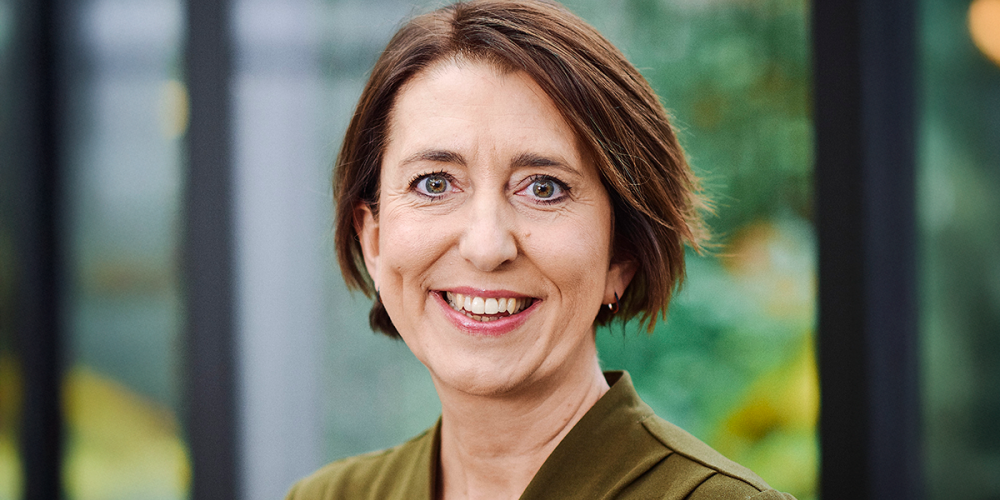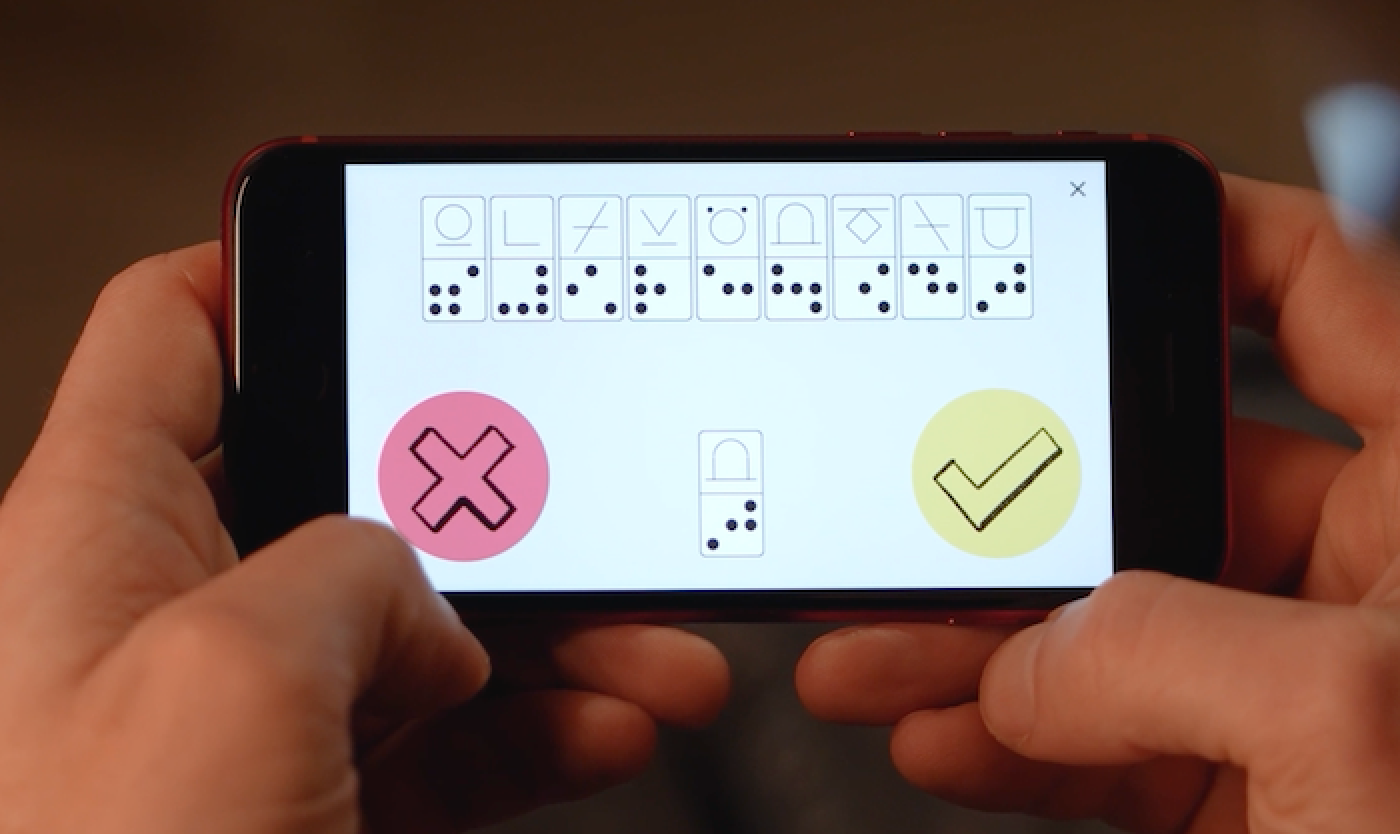
Science and politics seem to be drifting further apart. Yet, they need each other to tackle today’s complex societal challenges. That’s why the Young Academy’s Science Meets Parliament project pairs scientists with parliamentarians. Several VUB researchers are taking part: Marie-Laure Vandenhaute, Robin Vandendriessche, Ilse Rooman, Simon Weekx, Franne Mullens, and Eva Cloet. On Valentine’s Day, they will meet their political match for the first time.
Ilse Rooman (50) researches pancreatic cancer. She is paired with Koen Dillen, an MP for N-VA in the Flemish Parliament.
What do you expect from the first meeting?
"As a scientist, I’m driven by curiosity. Politics has always fascinated me, but it remains very much a case of ‘out of sight, out of mind’. This Valentine’s Day date is the perfect occasion to start changing that.
The general public mostly encounters science and politics through traditional media. In cancer research, for instance, there’s often an overly optimistic narrative about ‘curing cancer’. In reality, an army of passionate researchers is working behind the scenes to make real progress. That’s something science and politics seem to have in common. It might just be the first thing that connects us."
Do you ‘date’ across the political spectrum?
"For me, this initiative goes beyond party politics. It’s about the intellectual connection between science and politics, not about any one party’s agenda. That said, I would feel uncomfortable building a relationship with someone from the far right.
I have an open mind and I’m happy to engage with ideas that don’t fully align with my own. However, when certain ideological red lines are crossed, things become more difficult. I’m pleased to have been matched with someone from N-VA. At the Flemish level, they hold the right levers to make a difference. They control the Science portfolio."
"My match doesn’t have to tick every box. I think it’s far more enriching to keep an open mind and be receptive to different perspectives"
What would put you off?
"My match doesn’t have to tick every box. I think it’s far more enriching to keep an open mind and be receptive to different perspectives. If we only surround ourselves with people who are just like us, or who fit some ideal image, we risk cultivating a very narrow worldview."
Do scientists need more love from politicians?
"Absolutely. If I didn’t think so, I wouldn’t have signed up for this initiative. I get the impression that science isn’t high on the political agenda. That’s partly on us, too. Scientists don’t complain. We get on with the work using whatever resources are available, in a competitive environment where funding doesn’t always go to the areas of greatest need.
Pancreatic cancer, for instance, hasn’t seen the same progress as other tumours. More and more people are dying from it, yet no additional resources are allocated. Communicating honestly and realistically doesn’t get much traction. We’re not the loudest voices in the room."
Is your field ‘sexy’ for politicians?
"Only if it is for the general public. There has been a positive shift in bringing science into the spotlight. A few TV shows showcase Flemish scientific successes. But there’s no ‘Life as a Scientist’ reality show. If there were, people’s eyes might finally open. A white lab coat might seem sexy, but the reality is different. We spend our days glued to computer screens, working as professional beggars—constantly searching for funding to support our staff and experiments."
"Patients with pancreatic cancer still face an extremely bleak outlook. So, I’m putting on my bold dancing shoes and stepping up to find a political partner myself"
Are scientists too much like wallflowers?
"A wallflower is someone who isn’t asked to dance. In our field, we often take centre stage and have plenty of dance partners. But do we put ourselves ‘on the market’ outside of that?
Yes, because we need funding to make our research happen and to turn our ideas into reality. The fact that pancreatic cancer patients currently have such poor prospects drives me to push this research onto the political agenda.
So, I’m putting on my bold dancing shoes and stepping up to find a political partner myself. I want to get to know him, understand what motivates him in policymaking, and highlight the challenges we face in research."*
Science Meets Parliament
Science Meets Parliament brings Flemish researchers and parliamentarians together to foster mutual understanding of each other's worlds. This initiative, a kind of 'pairing scheme,' pairs twenty scientists with twenty politicians.
In the spring of 2025, researchers will spend a day immersed in the political arena—attending committee meetings and gaining insight into the legislative process. Later, the politicians will visit the scientists’ workplaces to see first-hand how academic research takes shape. The goal? To bridge the gap between science and policy, ensuring that societal challenges are tackled with well-founded insights.
*This is a machine translation. We apologise for any inaccuracies.

